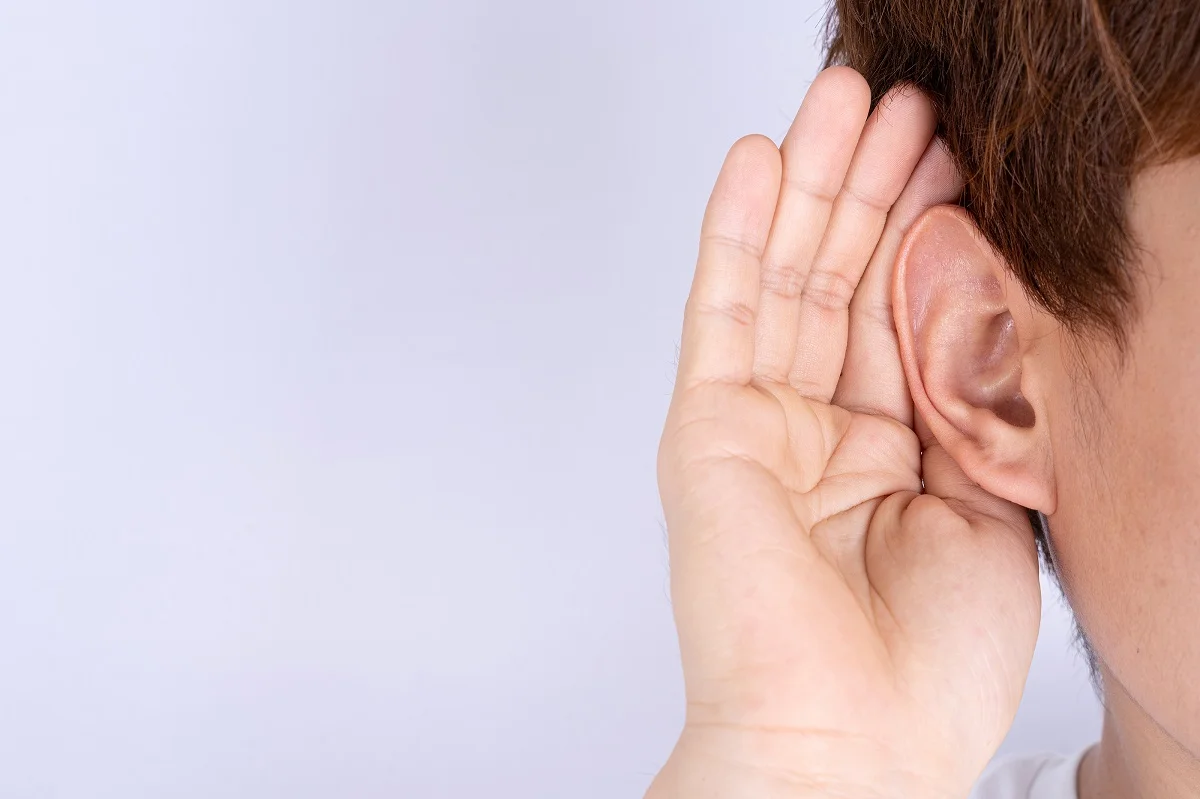
Hearing loss is the third most common medical condition people live with today. Over 48 million people, or nearly 1 in 6, have some degree of impaired hearing. Though hearing loss is pervasive, only a third of people who could benefit from treatment, actually receive it. This highlights how undertreated hearing loss tends to be. Recognizing the symptoms and intervening early can profoundly support your health and quality of life. There is a range of effective hearing solutions, services, and technologies that are invested in transforming your hearing health and wellness.
Types of Acquired Hearing Loss
Acquired hearing loss refers to hearing loss that develops after birth – whereas congenital hearing loss is present at birth. Acquired hearing loss is more common and there are two types:
-
Sensorineural: this type of hearing loss happens in the inner ear and is permanent. Sensorineural hearing loss occurs when sensory cells in the ear are damaged. It is the most common type of impaired hearing, impacting an estimated 90% of people with hearing loss.
-
Conductive: conductive hearing loss occurs in the middle ear and is often temporary. It is caused when there are physical obstructions in the ear, preventing soundwaves from being fully absorbed and/or reaching the inner ear. Causes of conductive hearing loss include: accumulated ear wax, perforated ear, bone growths etc. There are medical treatments that can address these factors, restoring hearing.
Sensorineural hearing loss involves the sensory cells in the inner ear which play a critical role in how we hear. These cells, unlike other types of cells we have, do not regenerate and there are also no medical interventions to repair damage. This results in permanent hearing loss.
Causes
There are several factors that can contribute to the development of acquired hearing loss. A few common causes include the following:
-
Aging: the risk of developing hearing loss increases with age. Age related hearing loss, also known as presbycusis, can be caused by a few factors. This includes changes to the ears that may happen over time, the cumulative toll of loud noise exposure, or existing medical conditions that also impact older adults disproportionately and are linked to hearing loss.
-
Loud noise exposure: one time or consistent exposure to loud noise can permanently damage the sensory cells in the inner ear. These cells play a major role in how sound is processed. They convert incoming soundwaves into electrical signals which get sent to the brain. The brain is then able to further process and assign meaning to these signals, allowing us to understand what we hear. Loud noise can desensitize and weaken these cells, reducing their capacity to process soundwaves effectively.
-
Existing medical conditions: extensive research shows that a number of medical conditions can increase the risk of developing hearing loss. This includes cardiovascular disease, diabetes, osteoporosis, and hypertension. These conditions impact blood flow, blood vessels, and/or bone health which are important parts of the auditory system and how we hear.
Other causes of hearing loss include chronic ear infections, head injuries, and inner ear disorders.
Recognizing Early Symptoms
Hearing loss reduces capacity to hear and process speech as well as sound. This produces a range of symptoms including the following:
-
Tinnitus: a ringing or clicking like noise in one or both ears.
-
Struggling to hear in environments with background noise.
-
Sounds are slurred or muffled.
-
Asking others to repeat themselves, speak louder, or slower.
-
Pretending to hear.
-
Lip reading to help identify individual words.
-
Increasing the volume on your TV or other electronic devices.
-
Difficulty keeping up with conversation, feeling excluded.
-
Needing to move to a quieter space to hear more clearly.
These symptoms can be mild to severe, having a major effect on everyday life. Symptoms strain communication which often leads to avoiding conversations as much as possible. Social withdrawal is a major symptom of hearing loss. This impacts relationships, mental health, and social engagement. Also, untreated symptoms increase a number of health risks. If you recognize any of these symptoms, it is important to seek treatment as soon as possible.
Treating Hearing Loss
There are effective hearing solutions you can access. The first step is to have your hearing health evaluated. Hearing tests involve a painless process that measures your hearing capacities in both ears and identifies your hearing needs. Contact us today to prioritize your hearing health by scheduling an appointment for a hearing test.
